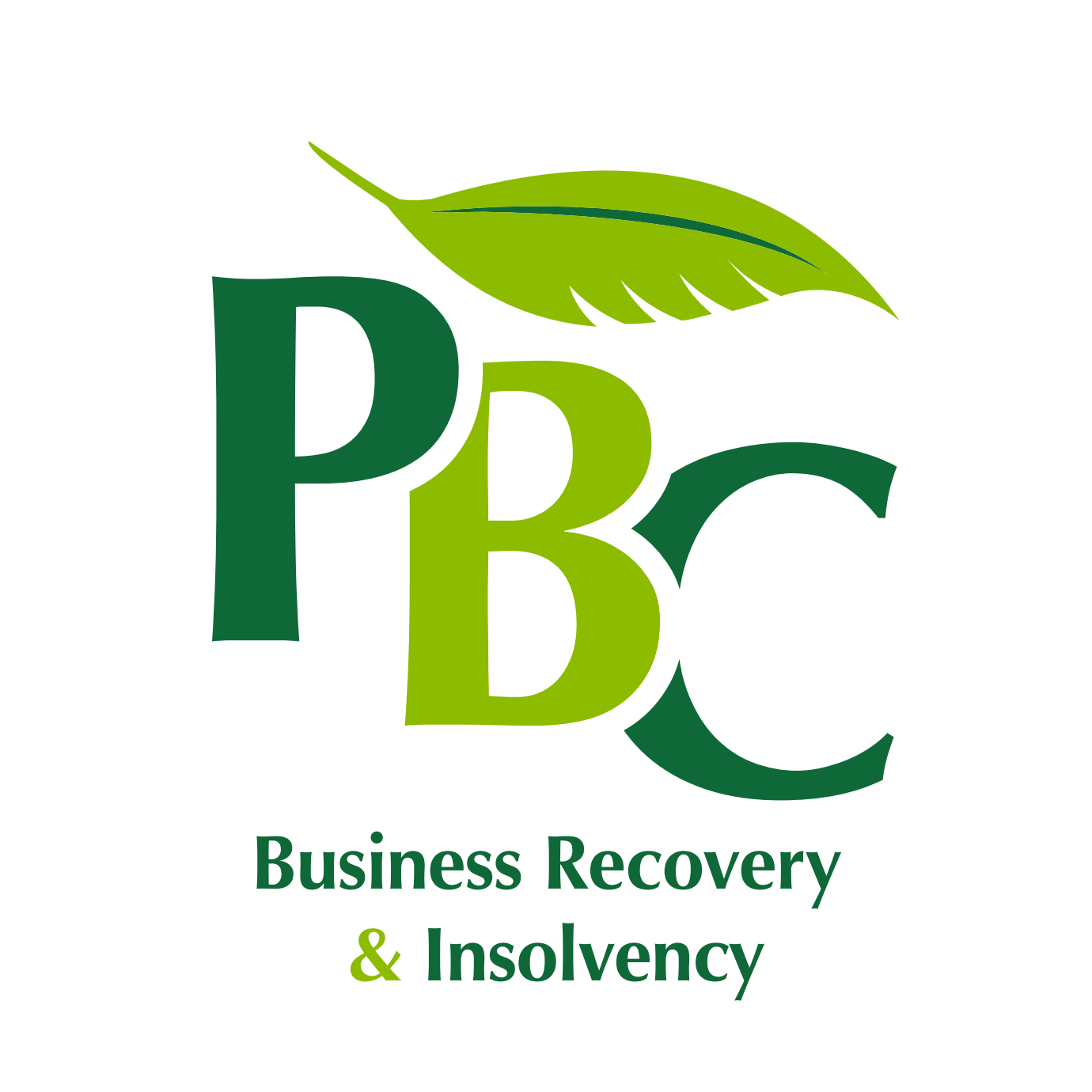What is your understanding about being a director of a company?
It is proven time and again that people are unaware of their duties and seem to adopt the idea being a director is merely a title, not much different from that of manager or supervisor. Nothing could be further from the truth as, unlike those titles, a director has statutory duties to:
- Act within their powers.
- Promote the success of the company.
- Exercise independent judgment.
- Exercise reasonable care, skill and diligence.
- Avoid conflicts of interest.
- Not accept benefits from third parties.
- Declare any personal interests in proposed or existing transactions or arrangement with the company.
Where a company is insolvent (or likely to become insolvent) the court takes the view that if you fail to meet your duties to protect the interests of the company creditors as a whole then, by default, you accept the consequences of your actions. Ignorance is no defence.
These duties can challenge the integrity of a director, particularly when times are tough and you wish to “Look after” certain creditors, for example.
But, what about when you believe a fellow director is acting in breach of these duties? Where does that leave you?
As insolvency practitioners we are seeing an increase in management disputes where one director rolls out a list of failings or perceived breaches undertaken by their fellow director(s). The key issue with acknowledging the failings of others is just that; you are aware your fellow director may be breaching their duties. Again, the court has said, “If you are aware a director is in breach of their duties and you are not seen to actively challenge that conduct, then, by default, you assent to it and accordingly, are equally liable for any losses the company suffers.”
While the court’s view may seem harsh, it emphasises the level of responsibility resting on a director’s shoulders and the fact a director owes a duty to the company and not to any other director or shareholder.
Should you believe a fellow director is breaching their duties then you must demonstrate you have challenged their conduct. Keep a written record of your concerns, including any correspondence (such as emails) between you. If appropriate, convene a meeting of directors as a possible means to discuss the issue and resolve how to remedy the position. If all fails, seek early independent advice to consider how to protect your position. Doing nothing could prove costly.
If you require any advice or assistance on any insolvency-related issue, then please contact PBC Business Recovery & Insolvency on 01604 212150 (Northampton), 01908 488653 (Milton Keynes) or email to enquiries@pbcbusinessrecovery.co.uk. Alternatively, visit www.pbcbusinessrecovery.co.uk for further information.

